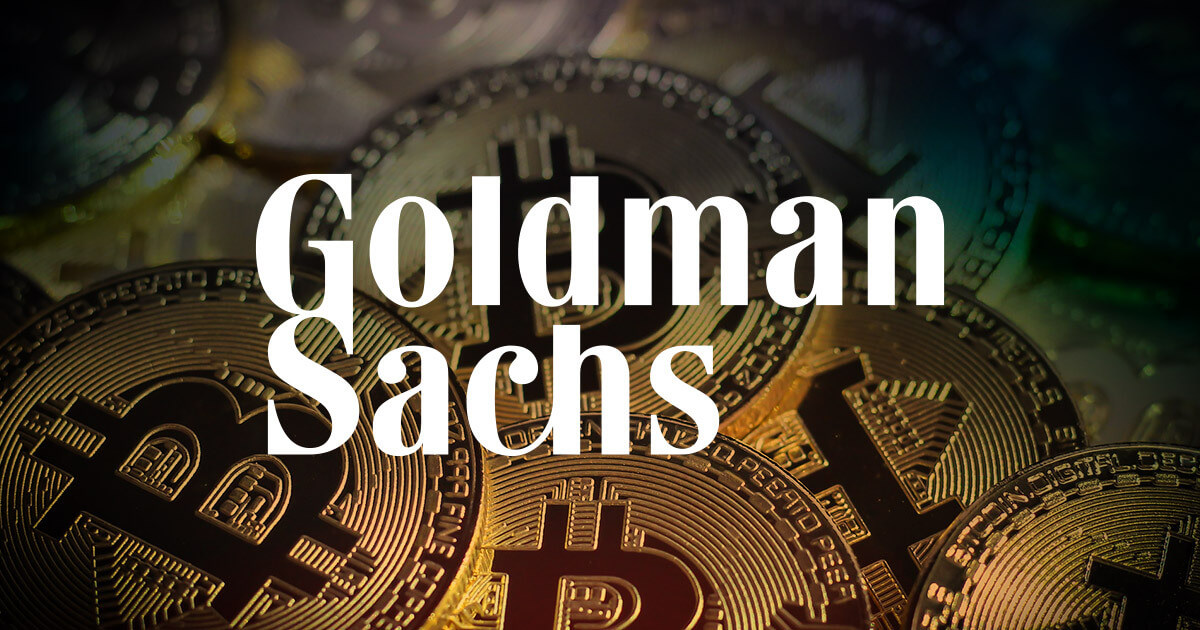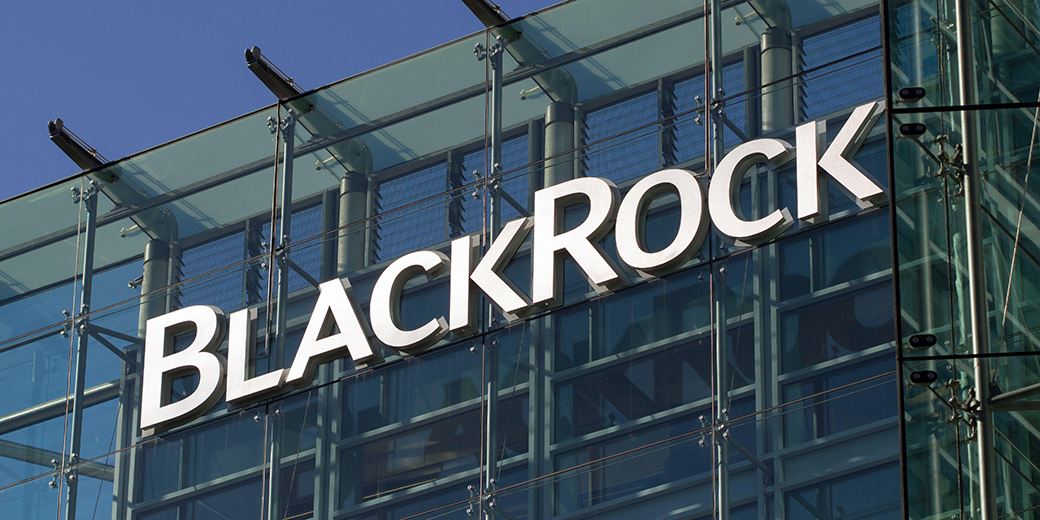Goldman Sachs Acknowledges Crypto for the First Time in Annual Report
15.03.2025 8:00 2 min. read Alexander Zdravkov
For the first time, Goldman Sachs, the world's second-largest investment bank, has acknowledged cryptocurrencies in its annual shareholder letter.
“The rise of electronic trading, along with blockchain and AI, has intensified competition,” the 2024 letter stated.
In 2017, terms like “cryptocurrency” and “blockchain” were absent from Goldman’s reports. However, Bitcoin’s growth and the Trump administration’s pro-crypto stance have shifted Wall Street’s perspective. The letter noted that competitors offer financial products Goldman does not, including digital assets that clients may prefer.
Goldman has cautiously entered the crypto space, launching a trading desk in 2021 and a Digital Asset Platform in 2022. It also tested the Canton Network, a blockchain-based system, signaling growing institutional interest in blockchain applications.
READ MORE:

BlackRock’s BUIDL Fund Reaches $1 Billion
Despite this, the bank warned of risks tied to distributed ledger technology, citing potential cyber threats and market instability. “Although adoption is growing, blockchain remains in its early stages and may be vulnerable,” the letter stated.
Goldman CEO David Solomon sees blockchain as promising but remains skeptical of Bitcoin. “I’ve always viewed it as speculative,” he said last summer, though he acknowledged it “could” serve as a store of value.
In December, Solomon said Goldman would reconsider Bitcoin and Ethereum if regulations changed. The following month, he reaffirmed Bitcoin’s speculative nature and denied it posed a threat to the U.S. dollar.
Despite this cautious stance, Goldman increased its holdings in spot Bitcoin ETFs by late 2024. By year-end, it had $1.27 billion in BlackRock’s IBIT, an 88% increase from the previous quarter, and $288 million in Fidelity’s FBTC, up 105%.
-
1
UK Regulators Unveil PISCES – A New Era for Private Share Trading
11.06.2025 15:00 2 min. read -
2
Trump Turns 79 With Billions in Crypto and a $45M Parade
14.06.2025 22:00 2 min. read -
3
Polygon Breaks from Decentralization as Sandeep Nailwal Assumes Full Control
11.06.2025 20:00 2 min. read -
4
KuCoin Plants Its Flag in Bangkok With a Licensed Thai Exchange
14.06.2025 13:00 1 min. read -
5
Nvidia CEO Urges UK to Invest in AI Infrastructure or Risk Falling Behind
10.06.2025 9:00 1 min. read
What Will Happen With the Stock Market if Trump Reshapes the Fed?
Jefferies chief market strategist David Zervos believes an upcoming power shift at the Federal Reserve could benefit U.S. equity markets.
U.S. Bank Advises Clients to Drop These Cryptocurrencies
Anchorage Digital, a federally chartered crypto custody bank, is urging its institutional clients to move away from major stablecoins like USDC, Agora USD (AUSD), and Usual USD (USD0), recommending instead a shift to the Global Dollar (USDG) — a stablecoin issued by Paxos and backed by a consortium that includes Anchorage itself.
Vitalik Buterin Warns Digital ID Projects Could End Pseudonymity
Ethereum co-founder Vitalik Buterin has voiced concerns over the rise of zero-knowledge (ZK) digital identity projects, specifically warning that systems like World — formerly Worldcoin and backed by OpenAI’s Sam Altman — could undermine pseudonymity in the digital world.
What Are the Key Trends in European Consumer Payments for 2024?
A new report by the European Central Bank (ECB) reveals that digital payment methods continue to gain ground across the euro area, though cash remains a vital part of the consumer payment landscape — particularly for small-value transactions and person-to-person (P2P) payments.
-
1
UK Regulators Unveil PISCES – A New Era for Private Share Trading
11.06.2025 15:00 2 min. read -
2
Trump Turns 79 With Billions in Crypto and a $45M Parade
14.06.2025 22:00 2 min. read -
3
Polygon Breaks from Decentralization as Sandeep Nailwal Assumes Full Control
11.06.2025 20:00 2 min. read -
4
KuCoin Plants Its Flag in Bangkok With a Licensed Thai Exchange
14.06.2025 13:00 1 min. read -
5
Nvidia CEO Urges UK to Invest in AI Infrastructure or Risk Falling Behind
10.06.2025 9:00 1 min. read

